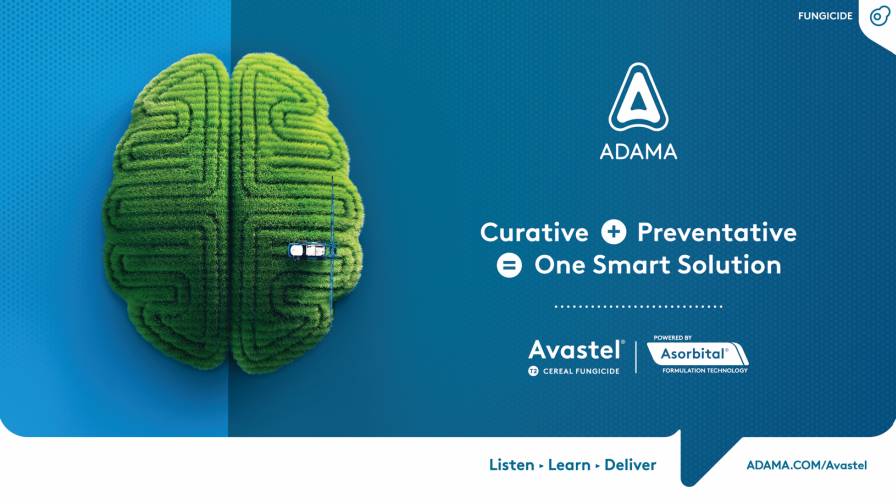GLP Capacity Emerging in India
Over the years, India has emerged as one of the largest global manufacturers of active pharmaceutical ingredients and crop protection chemicals. In this context, Good Laboratory Practices (GLP) studies have attracted the attention of Indian companies, and recent accreditation has made Indian data a viable option for crop protection companies.
India became a full adherent to the Organization for Economic Cooperation and Development’s (OECD) Mutual Acceptance of Data Agreement in 2011. The full adherent status on GLP means that any test data generated by GLP certified facilities in India would be valid in OECD countries for review and consideration for registration or licensing of products. There has been a significant increase in the number of laboratories applying for GLP certification since 2011.
There are now 24 GLP laboratories in India. The parent organizations of some of these laboratories are either crop protection or pharmaceutical companies in addition to independent laboratories that focus only on GLP studies.
Among the crop protection companies that have established GLP laboratories are P.I. Industries Limited, Syngenta Biosciences, Gharda Chemicals,United Phosphorus Limited (Jai Research Foundation) and Rallis India Ltd (Advinus). Other facilities stem from pharmaceutical or independent data companies.
Of the 24 approved laboratories, three earned accreditation in 2011 and nine earned accreditation in 2012, showing an enhanced interest in setting up GLP labs.
Type and Breadth
The type of studies conducted by the GLP laboratories in India varies from laboratory to laboratory. On one hand, laboratories like Jai Research Foundation (JRF) and Advinus carry out entire gamut of testing which includes:
Physical-chemical testing
Toxicity studies
Mutagenicity studies
Environmental toxicity studies on aquatic and terrestrial organisms
Bioaccumulation studies on behavior in water, soil and air
Residue studies
Analytical and clinical chemistry testing
Toxico-kinetics and bio analytical
On the other hand, laboratories like Gharda Chemicals and P.I. Industries restrict their area of study to physical-chemical testing only. Similarly, NIPER and the Indian Institute of Toxicology specialize in toxicity studies. Other laboratories carry out a mix of studies depending on their area of specialization.
There are two types of GLP laboratories in India: those that carry out analysis of in-house samples only, and those that focus on revenue generation.
In the first group, there is GLP Lab of Gharda Chemicals and few others. These labs analyze only in-house samples for registration. This helps to shorten the time for data generation at a lower cost. The second group uses GLP lab for revenue generation. JRF, belonging to the same group as UPL, is a typical example. JRF carries out the entire gamut of GLP studies for clients across the globe. The same is true with Advinus and a number of other laboratories.
In addition to adding full-service data generation services, Indian GLP companies have been forced to make a number of changes to be competitive with global leaders. The collective GLP industry is working toward:
1) Setting up world-class infrastructure for GLP laboratories.
2) Skill enhancement in analytical chemistry and toxicology. Over the years, India has developed a reputation in synthetic organic chemistry and process engineering. This has resulted in a significant increase in export of active pharmaceutical ingredients and crop protection chemicals from India.
Now the time and opportunity has come for Indian GLP laboratories to replicate that success. Universities in India should revise the curricula to match industry requirements. At the same time, GLP laboratories should conduct intensive training for the improvement of knowledge and skills of their employees in analytical chemistry and toxicology.
3) Critical analysis and improvement of cost elements, as China is emerging as a strong contender for similar work.
4) Thorough understanding of registration requirements of different countries and generating full proof reports.
5) Focused marketing.
6) International alliances with global leaders.
7) Dreaming big with a global mindset and aggressive growth strategies.
As traditional GLP capacity buckles under the pressure of growing demand for GLP data, Indian formulators of pharmaceuticals and crop protection products have invested early in data services. Now armed with its OECD accreditation, India has the potential to be a major data generator for foreign companies and not just a convenience for its own formulating industries.





